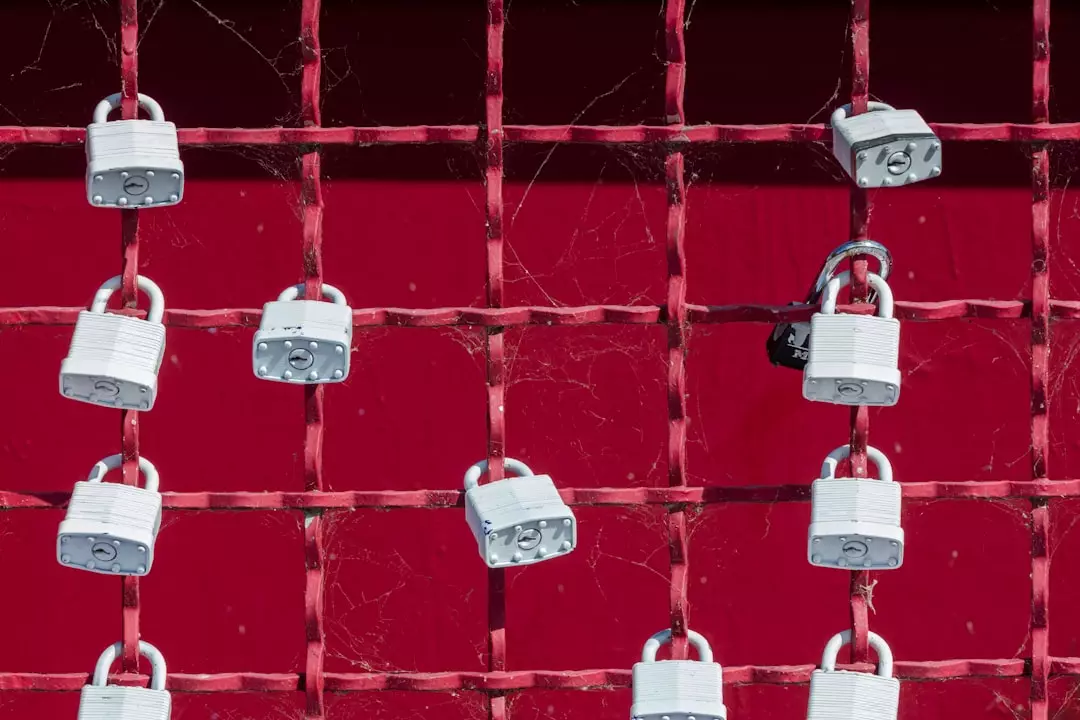Defying the Courts Will Backfire
The public has not responded kindly to other politicians who have tried this in the past.

Last month, when the Trump administration invoked the Alien Enemies Act to remove people without any legal process, my organization, the ACLU, sued to try to stop the deportations.
At first, things proceeded as one might expect. Because we showed that our clients were in imminent danger and that the Trump administration’s actions had, at minimum, serious legal problems, the federal court hearing the case ordered the government to pause the deportations and “immediately” send back any deportation flights that were already “in the air.” But then things took a surprising turn. The Trump administration kept the planes going, whisking our clients to a Salvadoran prison. Since then, the judge has been trying to determine whether his orders were violated. The government has repeatedly evaded the judge’s simple questions about its actions, and has now flatly refused to answer them, claiming that details about the flights, which can largely be corroborated through public information and Cabinet secretaries’ own social-media posts, involve “state secrets.”
[Adam Serwer: Trump’s Salvadoran gulag]
These and similar executive actions have spurred serious concerns that the Trump administration is bringing the country into a full-fledged constitutional crisis. Plaintiffs in at least three other constitutional cases challenging Donald Trump’s actions—two cases related to Trump’s freezing of USAID funds and an ACLU case about his threat to cut off federal-grant funding to medical facilities that provide health care for transgender youth—have had to return to court to enforce prior orders. Meanwhile, Trump’s close advisers and allies—including Vice President J. D. Vance, Elon Musk, and a few members of Congress—have suggested, some more directly than others, that the president should disobey judicial rulings and wage a war of words against federal judges. But the Trump administration has not openly defied a court order, at least not yet, and there are still many tools that advocates and citizens have at their disposal to ensure that rule of law prevails in America.
For now, the Trump administration is mostly testing existing limits on executive power. Trump remarked early on to a Washington Post reporter that he “always abides” by court orders and expresses disagreement through appeal, but his actions tell a different story. Justice Department attorneys have responded to charges of noncompliance with technical rebuttals about what happened and when, and have taken the extraordinary position that the courts have no role in reviewing whether the president’s actions comply with the Constitution.
While these disputes make their way to the Supreme Court, Chief Justice John Roberts has made his views known. After Trump called for the impeachment of the judge in the Alien Enemies Act case, the chief justice issued a rare public statement cautioning that appeal, not impeachment, is the proper recourse for disagreeing with a court ruling.
Meanwhile, Trump is taking ever more radical actions to undermine the foundations of American democracy. Since Inauguration Day, Trump has attacked the Fourteenth Amendment’s birthright-citizenship guarantee. He has detained green-card holders and international students for their constitutionally protected speech. He has attacked the rights of trans youth to access health care. And he has mounted an aggressive assault on institutions essential to a free country, threatening sanctions against major media companies, universities, and legal firms. Trump has targeted five of the nation’s largest law firms for past representation of his political opponents or disfavored causes and other lawyers who work on national security, public safety, and election integrity.
Attacks against lawyers and judges are especially dangerous because Trump knows that the courts’ constitutional role is to check him when he violates the Constitution and laws enacted by Congress. There will always be good lawyers who will be undeterred in the honorable pursuit of our profession, but Trump’s fear tactics are already working. The president is using the power of the federal government to silence opposition.
Even in this grim landscape, plaintiffs and others who oppose Trump’s lawlessness have powerful tools to counter him. In the USAID cases, federal workers won their motions to enforce the court’s preliminary orders, and so far have prevailed in both the court of appeals and the Supreme Court. Legal remedies, which also have political consequences, can force even powerful executive-branch officials to comply.
[Read: The cruel attack on USAID]
I speak from experience. In 2015, I led a legal team that brought a contempt motion against then-Sheriff Joe Arpaio of Maricopa County, Arizona, who had defied multiple court orders in our case challenging racial profiling and unjustified traffic stops of Latino residents. After a 22-day trial, the district court held Arpaio in civil contempt of court, ordered reforms to the internal-affairs system, and imposed an independent authority to conduct disciplinary proceedings in certain misconduct cases. When we proved that Arpaio’s disobedience was willful, federal prosecutors initiated criminal contempt proceedings. Although Trump later pardoned Arpaio, the civil-contempt remedies proved far more consequential: Our clients—a plaintiff class of Latino residents—protected themselves from lawless misconduct.
Similarly, in 2018, the ACLU and our partners had to enforce court orders after we successfully challenged Kansas’s state voter-ID law under the National Voter Registration Act. In contempt proceedings, then–Secretary of State Kris Kobach was forced to add 18,000 disenfranchised citizens to the voter rolls and issue corrected guidance to election officials. To deal with Kobach’s repeated violations, the district court also imposed a financial sanction and ordered him to take a course on civil procedure and legal ethics.
In both the Arpaio and Kobach cases, a political reckoning soon emerged. Contempt proceedings educate and galvanize the public. Every day of our 22-day contempt trial against Arpaio, we were met outside the courthouse by two groups: reporters and community protesters. It was the work of everyone together, especially our clients, that ensured that the rule of law prevailed. In the Arpaio case, the people of Maricopa County delivered another measure of justice when they voted him out of office in the next election.
There is, of course, a difference between Trump and other recalcitrant defendants: Federal courts cannot enforce their own orders; they depend on the U.S. Marshals Service, a law-enforcement agency within the Justice Department. And because the judiciary’s enforcement arm is in the executive branch, the president may direct the Marshals Service to stand down. The constitutional crisis comes to a head when the courts order Trump to comply, and he essentially responds: You can’t make me.
If Trump precipitates this constitutional crisis, the remedy the Framers provided was impeachment and removal from office. If Congress refuses to impeach the president, Americans still have other tools to constrain him, including at the ballot box. The ultimate check on his abuses will be in the hands of the people. The constitutional system of checks and balances is still holding—for now.















































































